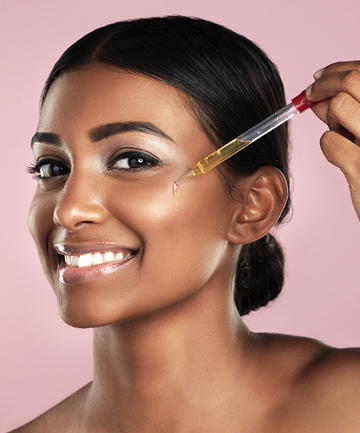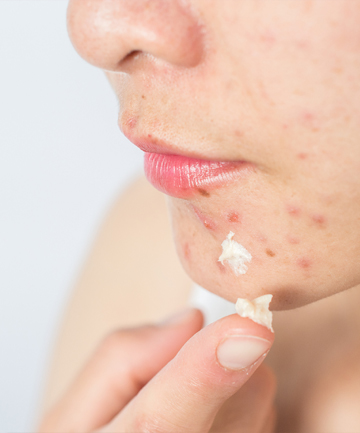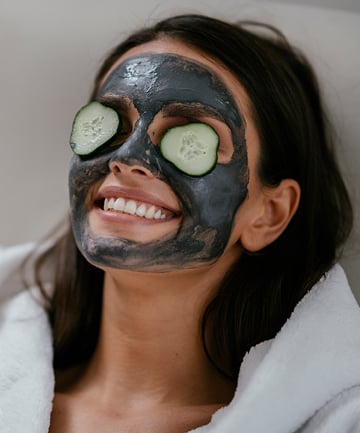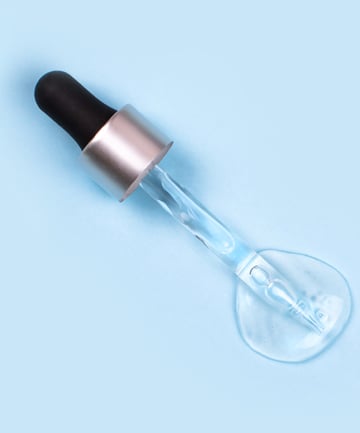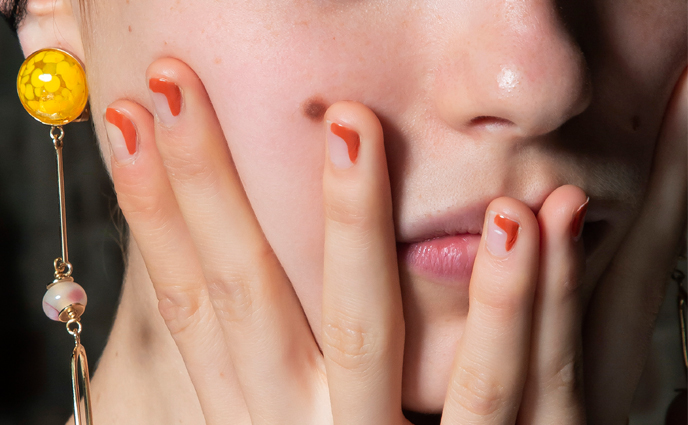Like alpha hydroxy acids, retinol is another potent ingredient that can do wonders to complexions, but it should be used sparingly, especially if you're new to the retinol game. Redness, irritation, itchiness and flakiness are some of the potential side effects, according to Kritzer.
"Overuse of retinol can encourage cell turnover too much and can make under-developed skin cells come to the surface which can weaken your skin's protective barrier function," says Fedotova. "In my formulations, I prefer to use sea buckthorn and rose hips extract because they contain natural forms of precursor of vitamin A (retinol) along with vitamins B and C and other anti-aging skin nutrients which will work harmoniously with the skin and will never lead to over-exfoliation or other undesirable side effects."
If you opt for retinol rather than an alternative, note that it takes time to build up a tolerance to retinol. Do not rush into it and do not be overzealous with your application. And always remember sun protection. Kritzer suggests starting out using retinol two times per week and building up to three to four times per week, as tolerated.
Image via PeopleImages/E+/Getty
Beta hydroxy acids, such as salicylic acid, can be helpful for melasma and decreasing surface oils. This makes BHAs great for acne-prone skin. But, do not get greedy with them. Don't use BHAs more than a few times per week, according to Kritzer. And steer clear of using multiple skin care products that contain acids. "Overuse will strip your skin causing the sebaceous glands to overproduce oil and you are back to square one, except now your skin's barrier is weakened," says Kritzer. "Being chill and not reactive to breakouts and rashes is very important!" She continues that leaving skin alone for a few days will usually result in it repairing itself. If not, then it's time to call an expert.
Image via Boy_Anupong/Moment/Getty
We've all heard about the purifying benefits of activated charcoal. They ring true, but just like clay, charcoal treatments are best kept to a minimum lest we want skin to start drying out. Scan packages for usage instructions and adhere to them. For example, it's typically recommended to start off using a charcoal mask once, maybe twice, a week. Leaving them on for longer isn't better. If it says 10 minutes, set a timer.
Make sure to follow a charcoal treatment with a nourishing moisturizer to keep skin balanced.
Image via Milos Dimic/E+/Getty
Glycolic acid is an AHA and it's the one Board Certified Dermatologist Rose Ingleton, MD has singled out, specifically exfoliants with glycolic acid. "Exfoliants with glycolic acid and gritty particles can cause irritation and micro-abrasions on the skin if used too frequently," says Ingleton. "[They] should be used no more than one to two times per week." In general, it's a good tip to keep exfoliating sessions to a few times a week.
Image via Anna Efetova/Moment/Getty


